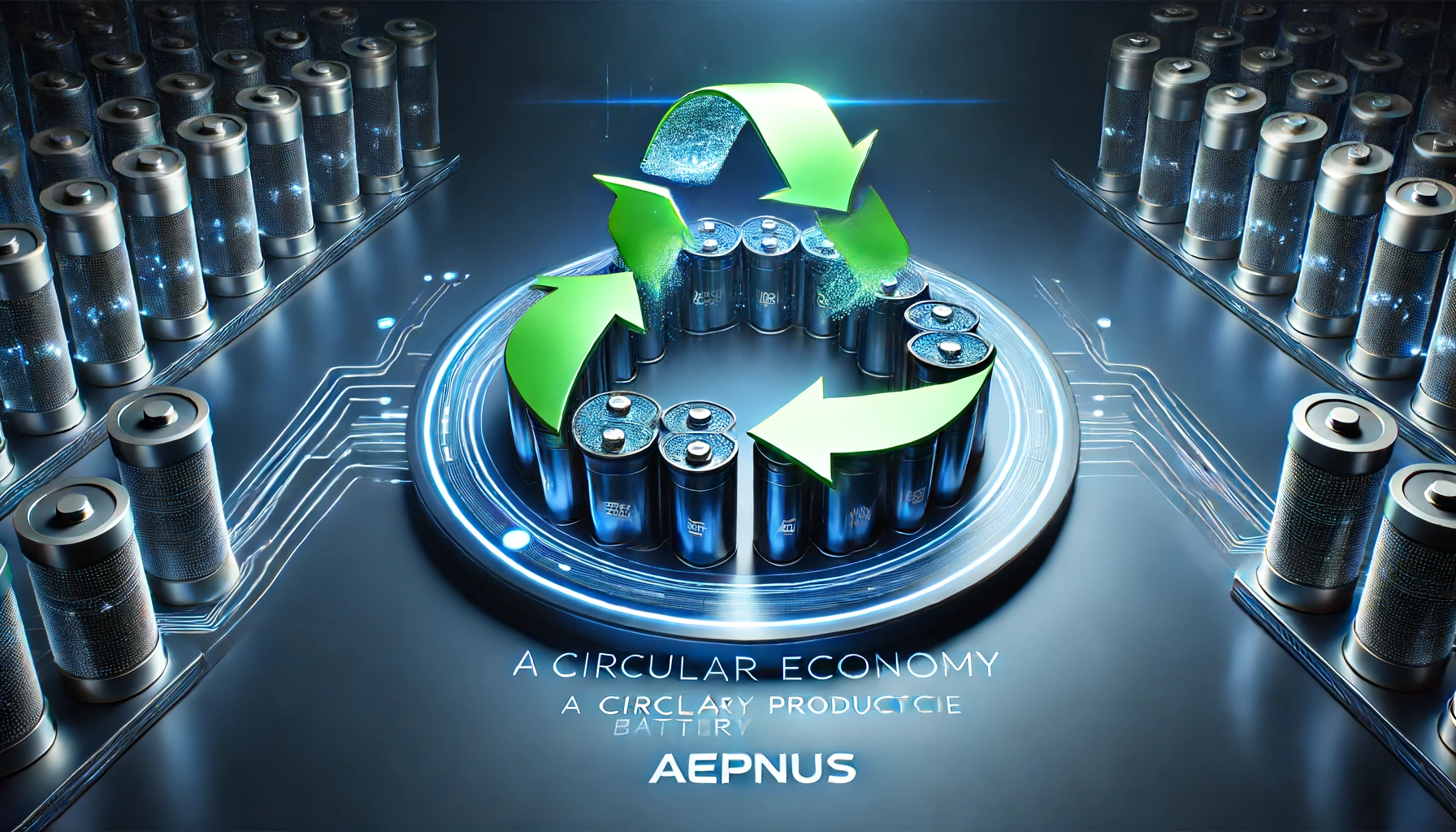Startup Aepnus Targets Wastewater Recycling in Battery Production
As the world races to establish battery production facilities, environmental concerns are increasingly coming to the fore. Earlier this year, BASF faced delays opening a battery materials plant in Finland due to inadequate wastewater management plans, highlighting the pressing need for sustainable solutions. Enter Aepnus, a startup committed to revolutionizing how battery manufacturing waste is managed, transforming a potential environmental hazard into a valuable resource.
Innovating Wastewater Management
Battery manufacturing generates wastewater rich in sodium sulfate, a by-product of sulfuric acid and caustic soda. Traditional disposal methods pose significant environmental risks, often delaying project timelines and increasing costs. Aepnus, co-founded by chemists Bilen Akuzum and Lukas Hackl, proposes an innovative solution: recycling this wastewater into reusable raw materials.
Akuzum and Hackl stumbled upon this idea during a research trip to lithium mining operations in California and Nevada. Initially exploring lithium extraction technologies, they quickly identified wastewater management as a critical unmet need in the industry. “Every time we spoke to somebody from the industry, they were like, ‘Well, there are actually solutions for lithium extraction. But we have this waste product that’s coming out of our operations, and we really don’t know what to do with it,’” Akuzum explained.
A Modern Take on a Century-Old Process
The duo founded Aepnus to modernize the chloralkali process, a century-old method for splitting salts into their constituent acids and bases. Utilizing advanced electrolyzers, Aepnus can break down sodium sulfate into useful chemicals, without relying on expensive catalysts. This approach not only mitigates environmental impact but also offers cost savings for industries grappling with wastewater disposal.
Aepnus is currently shipping half-scale models of its equipment to customers for onsite testing. Each wastewater stream varies in composition, necessitating preliminary filtration to remove contaminants before electrolyzers can efficiently process the sodium sulfate. This adaptability ensures that Aepnus’ technology can cater to diverse industrial needs.
Environmental and Economic Benefits
Recycling sodium sulfate waste presents multiple advantages for customers. It reduces disposal and material costs, particularly for remote operations like mining, which typically incur significant expenses transporting chemicals over long distances. “Rather than mining operations purchasing these chemicals and getting them trucked in from very long distances, we can regenerate those chemicals on-site from the waste,” Akuzum noted.
With over 15 customers ranging from feasibility studies to pilot-scale testing, Aepnus is gaining traction. The startup recently secured an $8 million seed round led by Clean Energy Ventures, with additional backing from Gravity Climate Fund, Impact Science Ventures, Lowercarbon Capital, Muus Climate Partners, and Voyager Ventures. This funding will enable Aepnus to expand its pilot-scale electrolyzer deployments and advance towards commercial-scale production.
A Significant Step for U.S. Industry
The success of Aepnus’ technology could mark a significant milestone for the U.S. manufacturing sector. “There’s only a handful of companies in the entire world that have the expertise of building these types of electrolyzers,” Akuzum stated. “Unfortunately, there’s not a single company in the United States that has that know-how.” By mastering this technology, Aepnus has the potential to position the U.S. as a leader in sustainable battery manufacturing.
From My Point of View
Aepnus’ approach to wastewater recycling represents a critical innovation in the quest for sustainable manufacturing. By transforming waste into a resource, the company addresses a major environmental challenge while offering economic benefits to its clients. This dual impact—environmental sustainability and cost-efficiency—underscores the potential for a circular economy in battery manufacturing.
However, the path to widespread adoption is not without challenges. The variability in wastewater composition across different sites means that Aepnus must ensure its technology can be effectively tailored to diverse conditions. Additionally, scaling from pilot projects to full commercial production will require significant investment and coordination.
From my perspective, Aepnus is well-positioned to navigate these hurdles. Their focus on refining an established process rather than developing an entirely new technology provides a solid foundation for success. With strong financial backing and a clear value proposition, Aepnus is poised to make a lasting impact on the battery manufacturing industry and beyond.






